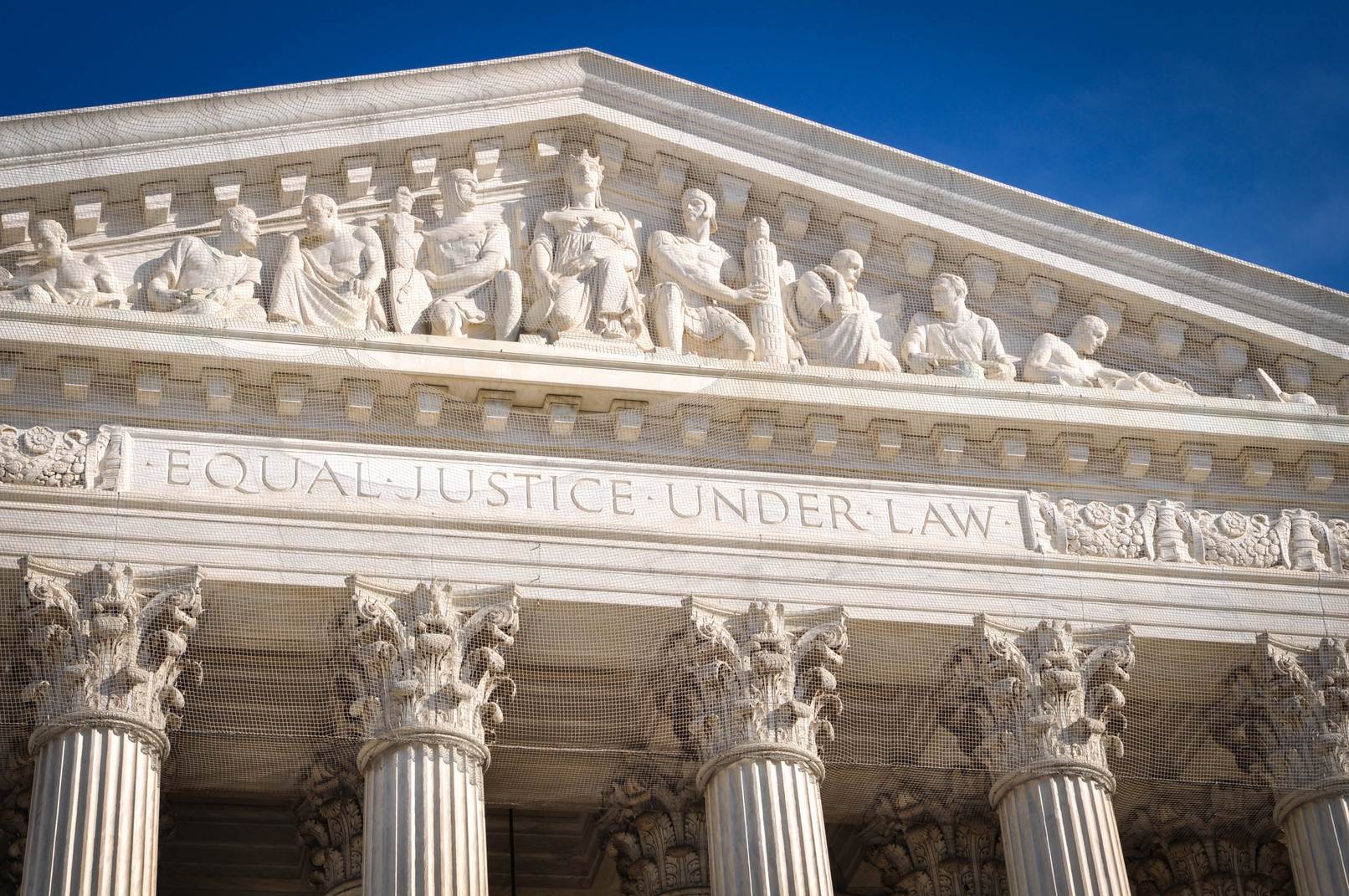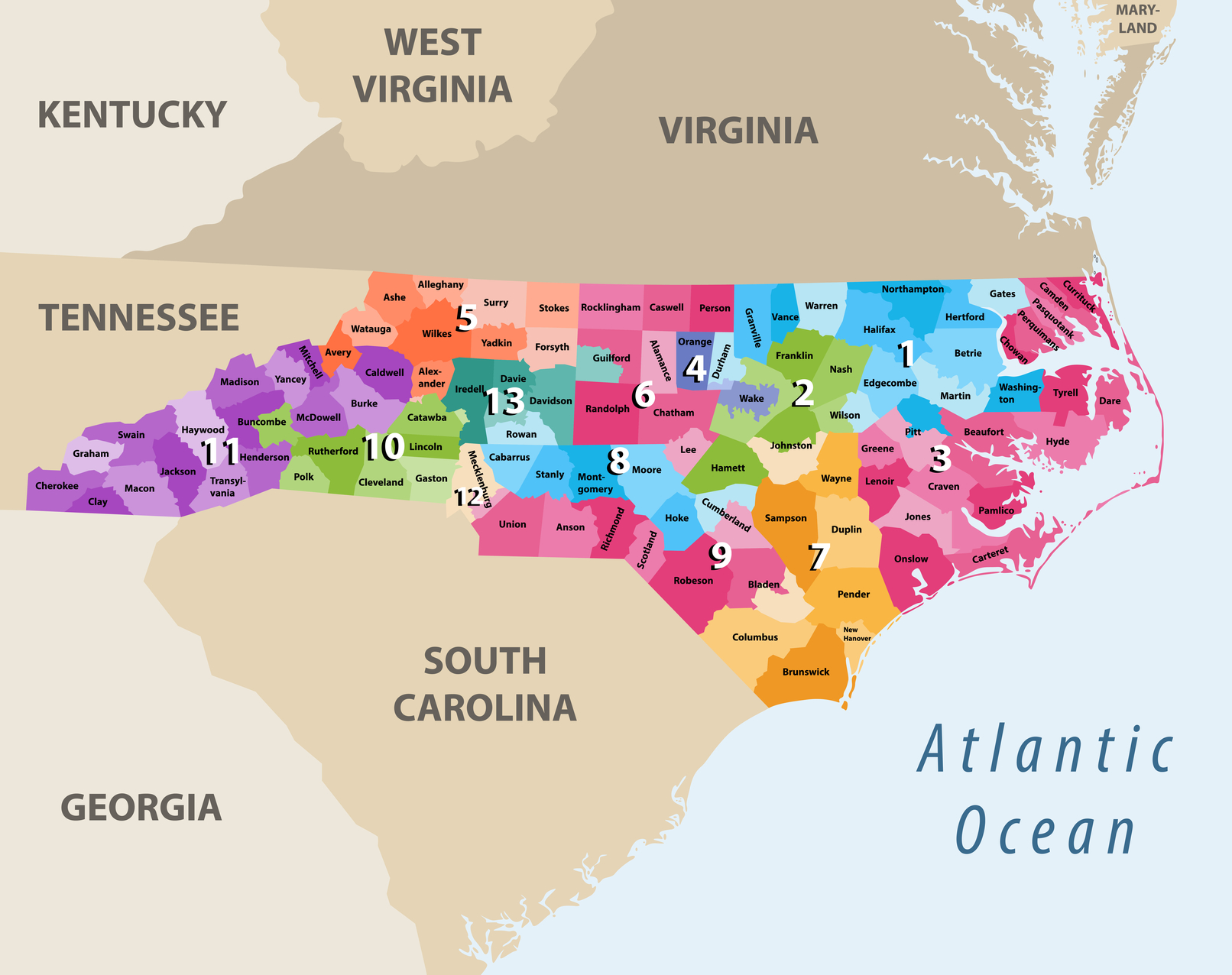The United States Supreme Court heard oral arguments today, April 28, 2021, in Mahanoy Area School District v. B.L. At issue in the case is whether the precedential case, Tinker v. Des Moines Independent Community School District, applies to student speech that occurs off-campus.
Articles Posted in US Supreme Court
On Friday, April 9, 2021, the United States Supreme Court voted 5-4 to grant an application for injunctive relief in Ritesh Tandon, et al v. Gavin Newson, Governor of California, et al. The lawsuit concerns California's restrictions on at-home religious gatherings during the COVID-19 pandemic. The Ninth Circuit Court of Appeals previously denied the request for an injunction. This marks the fifth time that the Supreme Court has rejected the Ninth Circuit's analysis of California's COVID-19 restrictions on religious exercise.
On Thursday, January 7, the U.S. Supreme Court rejected a case by Republican Congressman Louie Gohmert asking it to prohibit Vice President Mike Pence from certifying the election results.
US Supreme Court Associate Justice Ruth Bader Ginsburg passed away on Friday, September 18, 2020 at the age of 87 due to complications of metastatic cancer of the pancreas. Serving on the nation’s highest court for 27 years, she was known for her role in advancing equality and legal rights related to gender.
On Monday, June 22, 2020, the United States Supreme Court issued a ruling in Liu v. Securities and Exchange Commission, 591 U.S. ___ (2020). In an 8-1 decision, the Supreme Court held that, in civil enforcement cases brought by the Securities and Exchange Commission, "[a] disgorgement award that does not exceed a wrongdoer's net profits and is awarded for victims is equitable relief permissible under [15 U.S.C.] §78u(d)(5)."
Operators of websites on which users advertise firearms for sale are not legally responsible for illegal sales and resulting injuries or deaths.
This week marked the end of the U.S. Supreme Court's 2018–2019 term, and, as is typical for this last week, the Court issued some highly anticipated (and some highly divisive) decisions.
On Monday, June 24, 2019, the United States Supreme Court issued a decision in Iancu v. Brunetti, 588 U.S. ___ (2019), holding that the Lanham Act's bar on registration of immoral or scandalous trademarks violates the First Amendment. At issue in the case is the trademark FUCT, pronounced as four letters, which is the clothing brand founded by Erik Brunetti. Justice Elena Kagan, writing for the majority, wrote that the Lanham Act's bar on immoral or scandalous trademarks is viewpoint-based discrimination in violation of the First Amendment.
On Monday, May 13, 2019, the United States Supreme Court granted certiorari in Apple, Inc. v. Pepper, 587 U.S. __ (2019). Four iPhone users sued Apple, Inc., alleging that the company monopolized the app market, which resulted in higher-than-competitive prices for apps. Apple argued that the consumer-plaintiffs were barred from suing Apple since the consumer-plaintiffs were not "direct purchasers" from Apple, as defined in Illinois Brick Co. v. Illinois, 431 U.S. 720, 745-746 (1977). The District Court agreed with Apple, while the Ninth Circuit Court of Appeals reversed and concluded that the consumer-plaintiffs were direct purchasers because they purchased the apps directly from Apple.
Rookie justice Brett M. Kavanaugh seemed to take the place of Justice Kennedy during the arguments, suggesting that some partisan gerrymandering can be so extreme that it is unconstitutional.










